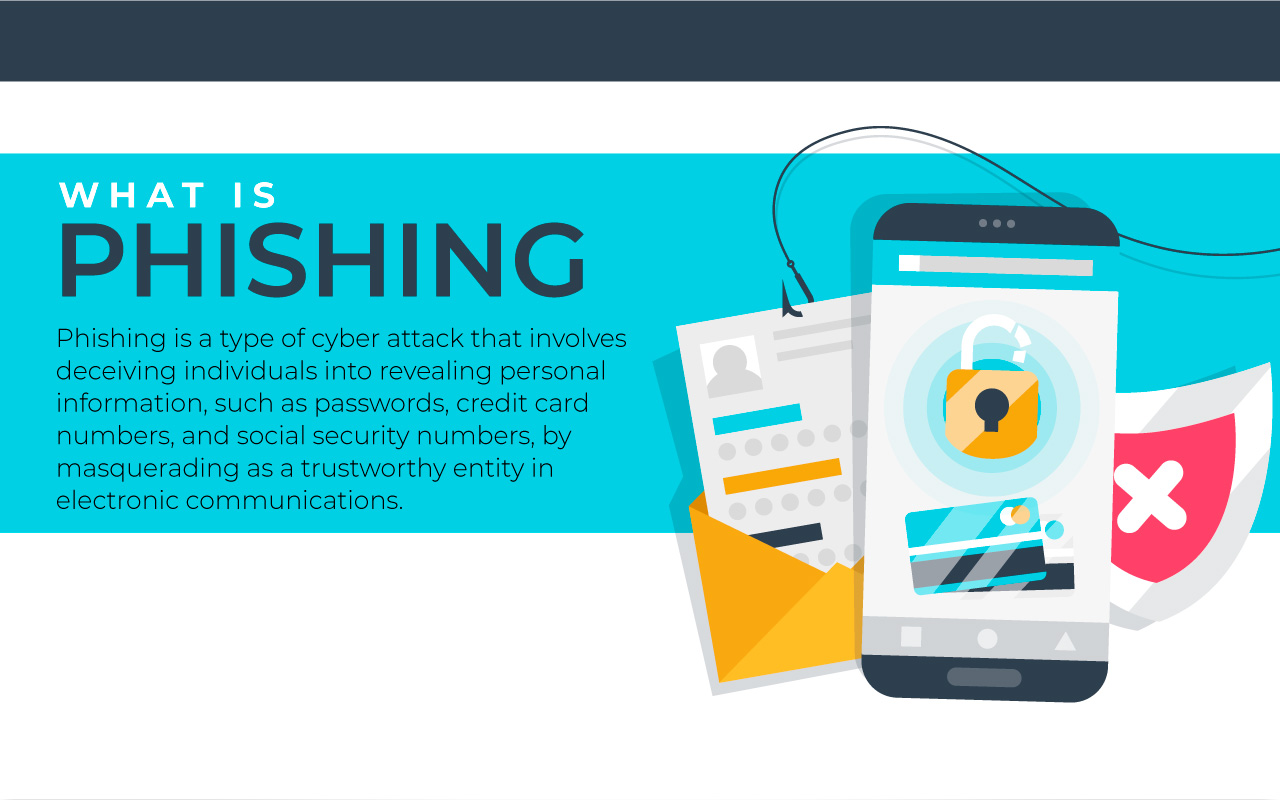Phishing scams are becoming more common and sophisticated, targeting businesses and individuals alike. They typically involve tricking someone into giving away sensitive information like passwords, credit card numbers, or other personal details. These scams often come in the form of emails, but they can also appear as text messages or phone calls.
The goal of a phishing scam is to make you believe that the message you have received is from a trusted source, like your bank or a well-known company. These messages often contain urgent language, prompting you to act quickly without thinking it through. Falling victim to a phishing scam can have serious consequences, including financial loss and identity theft.
Understanding phishing scams and how they work is the first step in protecting yourself and your business. By being aware and informed, we can take the necessary precautions to avoid becoming victims of these scams. In this article, we will explore phishing scams, how to recognize them, what to do if you encounter one, and how to protect your business from these threats.
What Is a Phishing Scam?
A phishing scam is when someone tries to trick us into giving them our personal information. This can include passwords, credit card numbers, or other important details. Scammers, like a bank or a well-known company, usually pretend to be someone we trust. They send us fake emails or real messages to get this information.
Phishing scams can be very dangerous for businesses. If someone falls for one, our business’s private information could be stolen, leading to financial loss and other problems. It is important for us to understand phishing scams so we can avoid them.
Common Signs of Phishing Emails
Knowing how to spot a phishing email can help keep our business safe. Here are some common signs to look out for:
1. Unfamiliar Sender: If we get an email from someone we don’t know or from an email address that looks strange, it could be a phishing scam.
2. Urgent Language: Phishing emails often tell us we need to act quickly. They might say our account will be closed if we don’t respond right away.
3. Generic Greetings: Emails that start with “Dear Customer” or don’t use our name might be phishing attempts. Real companies usually address us by our name.
4. Suspicious Links: If there are links in the email that look odd or don’t match the company’s usual website, we should avoid clicking on them.
5. Spelling and Grammar Errors: Many phishing emails have mistakes in spelling or grammar. This is often a big clue that the email is fake.
By knowing these signs, we can be more careful and avoid falling into phishing traps that could harm our business.
Best Practices for Safe Transactions
When making online purchases for your business, it’s crucial to ensure that all transactions are safe. One practice is to use secure payment methods such as credit cards or payment services like PayPal. These options often provide added layers of security compared to debit cards or bank transfers. Credit cards usually offer protection against fraud, and payment services have monitoring systems to spot suspicious activity.
It’s also important to avoid making purchases over public Wi-Fi networks, which can be insecure. Use a secure, private network instead. Always update your browser and security software to protect against the latest threats. Another good habit is to check your account statements regularly to catch any unauthorized transactions quickly. If you spot any suspicious activity, report it immediately to your financial institution.
Protecting Payment Information Online
Keeping your payment information safe is vital for secure online shopping. Start by ensuring your devices are protected with antivirus software and firewalls. These tools help block malicious attacks and keep your data safe. Use strong, unique passwords for your accounts, and consider using a password manager to keep track of them securely.
When entering payment details on a website, look for signals that indicate a secure connection, such as the “https” in the URL and the padlock icon. It is also wise to enable two-factor authentication on your accounts. This adds an extra step for verifying your identity, making it harder for hackers to gain access. Additionally, avoid storing payment information on websites unless absolutely necessary. If you must store it, ensure the website has robust security measures in place. Regularly update your passwords and monitor your accounts for any suspicious activity.
Conclusion
Protecting your business while shopping online is more important than ever in 2024. By understanding the risks, identifying secure websites, following best practices for transactions, and protecting your payment information, we can create a safer online shopping environment. This not only helps protect our sensitive data but also builds trust with our clients and partners.
If you are looking for professional guidance on enhancing your company’s cybersecurity, The Saturn Partners can provide the cybersecurity services you need. Contact us today to learn more about how we can help secure your business transactions and protect your valuable information.

